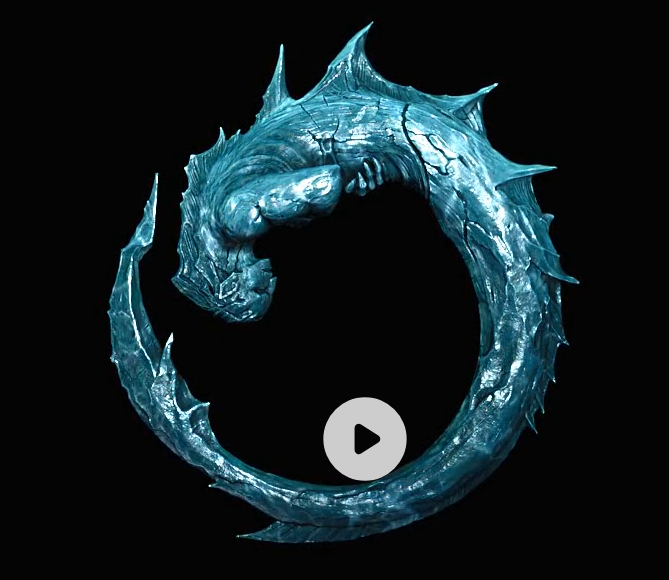\"The Doors of Perception\" and \"Heaven and Hell\" are two influential essays by Aldous Huxley, published together in 1954 and 1956, respectively. These works delve into the exploration of human consciousness and the effects of mind-expanding substances, particularly mescaline.
In \"The Doors of Perception,\" Huxley recounts his personal experiences with mescaline, describing how the drug altered his perception of reality. He reflects on the insights gained during this experience, which range from aesthetic appreciation to profound spiritual revelations. Huxley argues that such substances can open the mind to new dimensions of understanding, allowing individuals to perceive the world in ways that are typically obscured by everyday consciousness.
\"Heaven and Hell\" serves as a sequel to the first essay, further exploring the implications of altered states of consciousness. Huxley discusses the potential for these experiences to be both enlightening and terrifying, depending on the individual\'s mental state and emotional background. He emphasizes that not everyone will have the same experience with psychedelics; for some, the journey can lead to a sense of liberation, while for others, it may evoke feelings of fear and anxiety.
Together, these essays have had a significant impact on the counterculture movement of the 1960s, influencing perceptions of psychedelics and their potential for personal and spiritual growth. Huxley\'s exploration of the mind\'s \"remote frontiers\" continues to resonate, prompting discussions about the nature of reality and the possibilities of human consciousness. His work remains a cornerstone in the study of psychedelics and their effects on the human experience.


























.jpg)

.jpg)


.jpg)




.jpeg)

.jpeg)





.jpg)
.jpeg)




.jpg)

.jpg)










.jpg)












.png)
.jpg)





.jpeg)



.jpeg)








